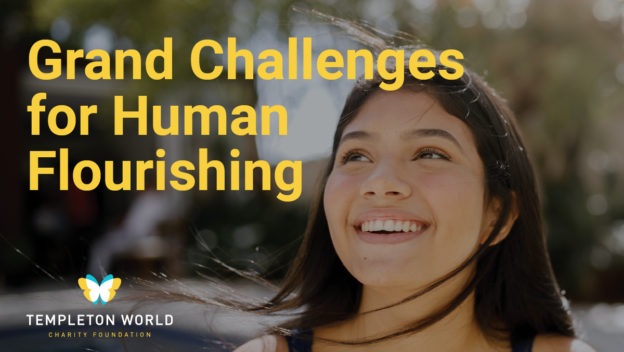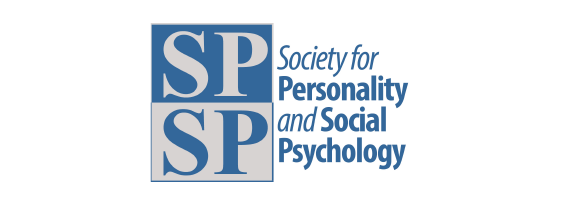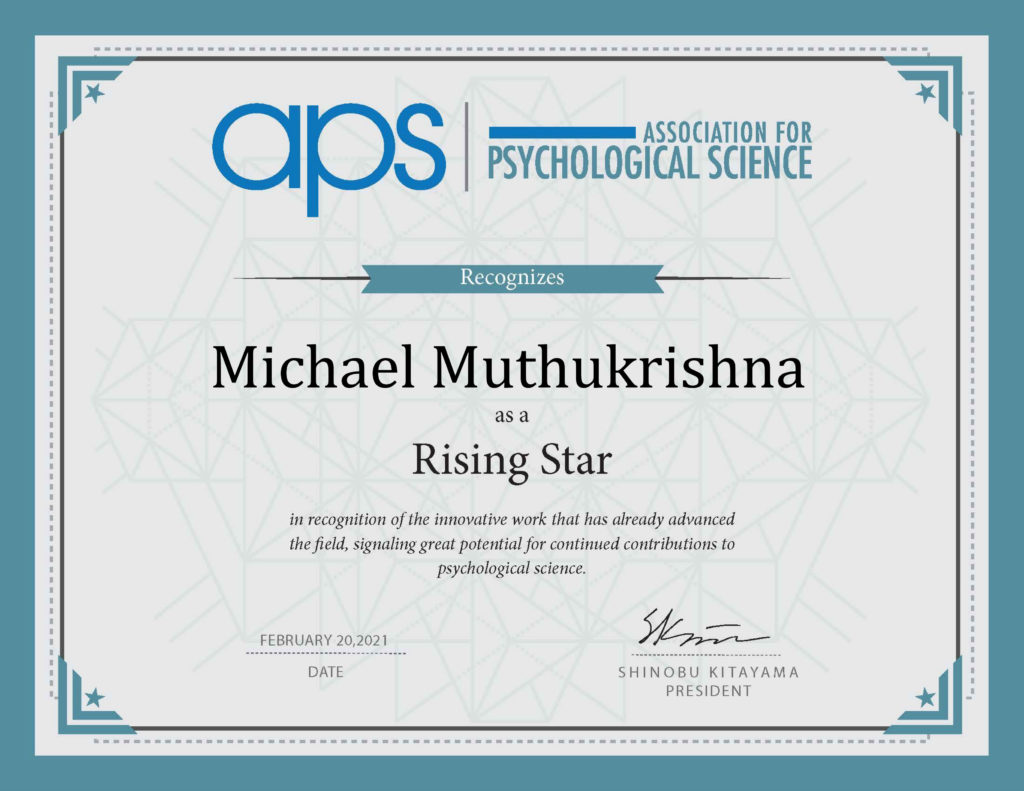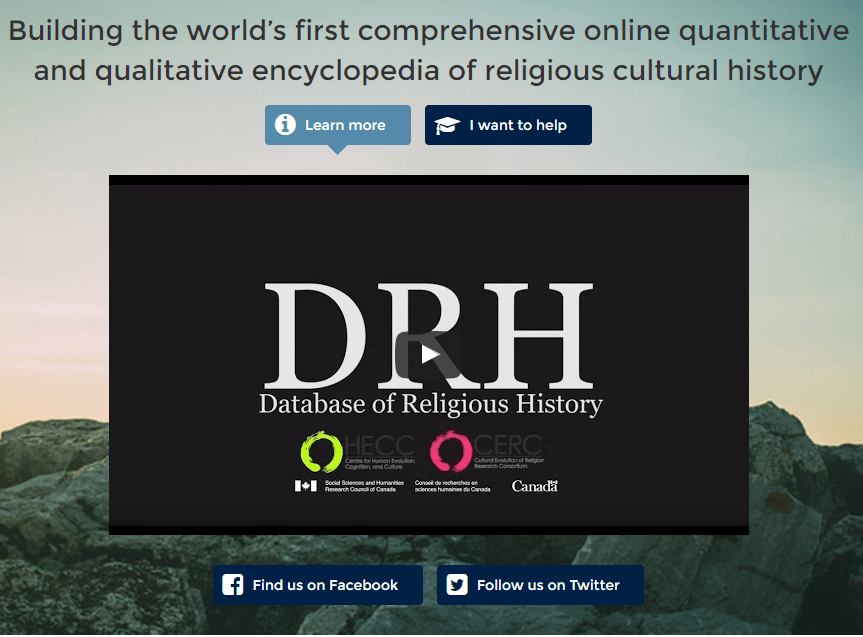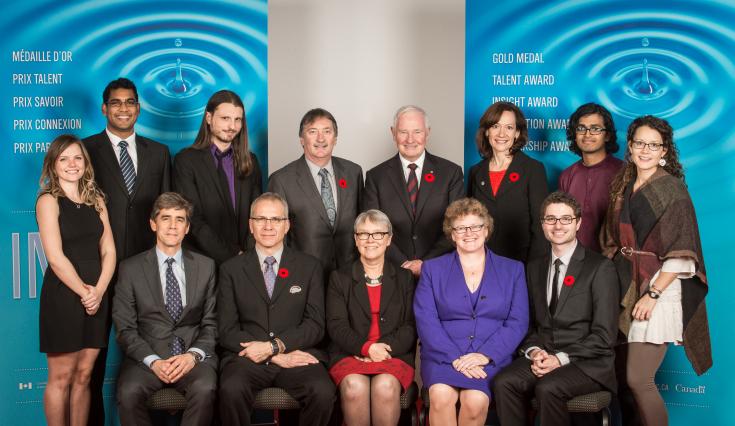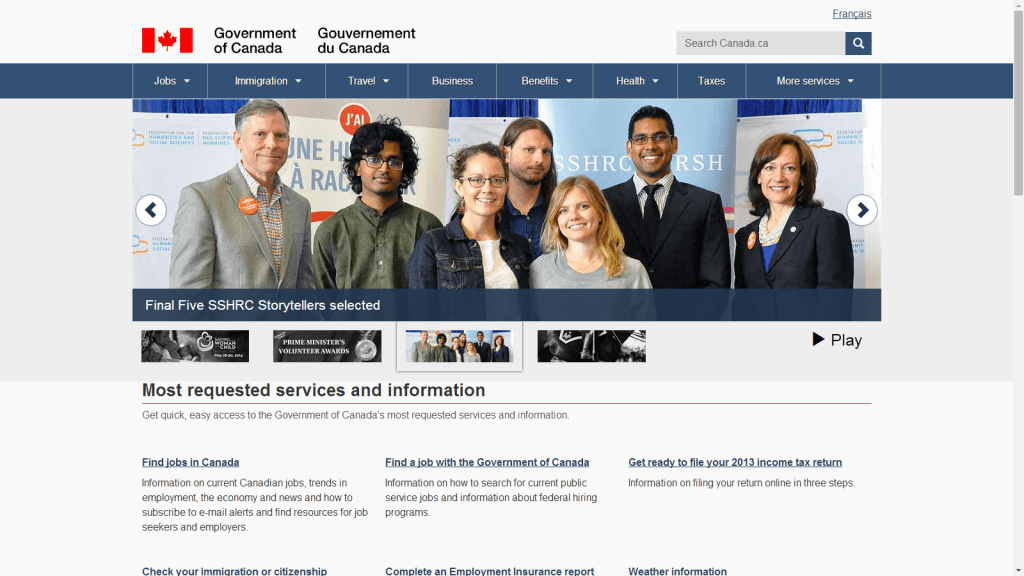I was selected as one of 11 teams of researchers to receive inaugural awards of the Grand Challenges for Human Flourishing with a project titled ‘What does cultural evolution look like in the 21st century, and how can we use the answer to ensure continued human flourishing?’.
Templeton World Charity Foundation (TWCF) announced the initial investment in a $60 million commitment for bold research that pushes the boundaries of scientific knowledge to help people flourish.
More than 500 teams of scientists from over 350 academic institutions across the world answered the request for ideas, which push beyond traditional measures of physical and mental health to include happiness, meaning and purpose, spiritual well-being and striving in adversity. The 11 awards represent the work of more than 40 researchers at over two dozen institutions and amount to more than $1 million to encourage further exploration of these ideas and the advancement of science in human flourishing.
Some of the questions I hope to tackle include:
- What does cultural evolution look like when people are united by a global Internet, but separated by filtered social network feeds?
- How does our social learning psychology interpret this information to decide what is true, what others think, and whom we can trust?
- What does cultural evolution look like when people separated by geographic and cultural distance regularly interact and even live together in the same country?
- How do societies with very different cultural evolutionary histories find common ground to cooperate on global challenges?
Cultural evolution and dual inheritance theory are the closest we have come to a “theory of human behaviour” and “theory of social change”. But so far, we’ve focused our efforts on understanding the past – human origins and human history – rather than understanding the present or preparing for the future. The framework offers answers for what has led to human flourishing thus far, how we’ve overcome challenges on the path toward greater cooperation, and why some societies have diverged from others. I will be helping the Templeton World Charity Foundation (TWCF) strategise about how cultural evolution works in the 21st century. How this framework that helps explain human flourishing can also help ensure continued flourishing—support economic development, strengthen democratic institutions, and catalyse collective action to tackle the challenges of a post-climate changed world.
More about the Grand Challenges for Human Flourishing can be found on the TWCF website: https://www.templetonworldcharity.org/rfi/ideas








